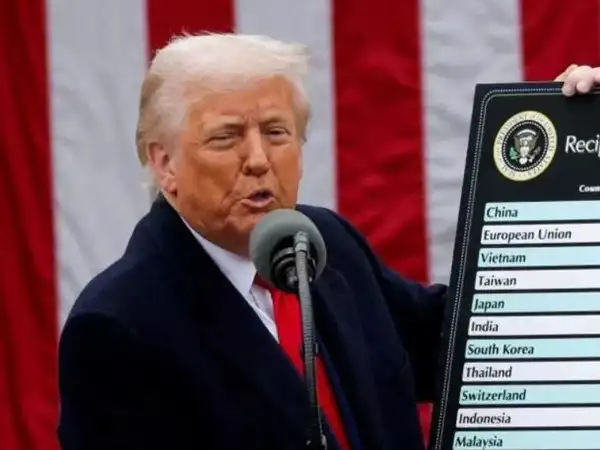The country’s banking sector is vulnerable with a high non-performing loan (NPL) ratio of 21.8%, and a Capital Adequacy Ratio (CAR) of 14.0%, notes Fitch Solutions.
Fitch Solutions attributes this state of affairs to the domestic debt exchange programme (DDEP) and high interest rates.
In a paper titled ‘US Tariffs Increase Risks for SSA Banks’, Fitch Solutions notes that Ghana has the highest NPLs among the 10 top sub-Saharan Africa countries.
That notwithstanding, SSA banks are generally well-positioned, supported by robust capital adequacy ratios (CAR) and decent loan quality, Fitch has indicated. Meanwhile, Ghana’s CAR is third-weakest on the continent.
Fitch believes that US trade tariffs will impact SSA banks in relation to monetary policy and thus expect banks to face increased uncertainty as policy expectations shift.
According to Fitch, if the interest rates remain elevated for longer than currently expected, this could adversely impact loan quality and growth – potentially deterring credit extension.
On the other hand, a quicker-than-expected decline in interest rates following economic growth concerns would reverse these effects.
Although economists caution that U.S. President Donald Trump’s trade war is likely to hurt Americans more than it will any other country, its ripple-effect is being felt across the globe – and that is why Fitch Solutions is gauging its effect on sub-Saharan countries, particularly its banking sector.
Economists fear that taxing all imports will lead to greater costs for U.S. businesses, which will then raise prices for U.S. consumers and may well take the U.S. into a recession. Already, J.P. Morgan has raised its forecast of the global economy entering a recession by year-end from 40% to 60%.
President Trump’s stated goal for his “reciprocal” tariffs are to increase U.S. manufacturing, but an economic affairs researcher at Singapore-based think-tank – ISEAS-Yusof Ishak Institute’s ASEAN Studies Centre – rather believes U.S. manufacturers and importers will be the first to feel the effects.
If importers pass on some or all of the tariffs’ cost to American consumers – which is more likely, consumers will tighten their spending habits. Several countries have already rushed to seek a deal with Trump, hoping that successful negotiation can help stave off the worst economic effects.










